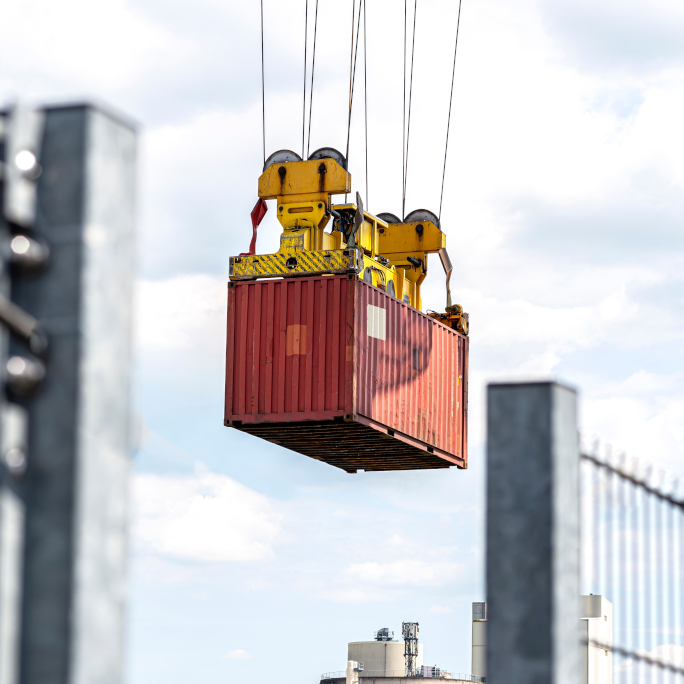Containerizing PHP Applications
Transform traditional PHP applications step-by-step into modern, containerized setups. Including databases, monitoring and secrets.
- Migrate traditional PHP setups step-by-step to containers
- Run containers as stable system services
- Production-ready environment with monitoring and secrets management
